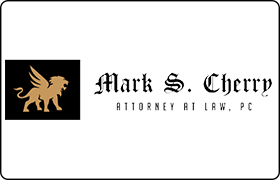Riverside Workout Lawyer, New Jersey
Sponsored Law Firm
-
 x
x

Click For More Info:
-
Mark Cherry Law
385 Kings Highway North Suite 101 Cherry Hill, NJ 08034» view mapBankruptcy & Debt Where Every Client Matters
We want our clients to be confident and secure knowing we are a law firm ready to take on the fight and challenge with them.
800-824-6431
Not enough matches for Riverside Workout lawyer.
Below are all Riverside Bankruptcy & Debt lawyers.
Drew A. Molotsky
Landlord-Tenant, Foreclosure, Divorce & Family Law, Bankruptcy
Status: In Good Standing
 Mark Cherry Cherry Hill, NJ
Mark Cherry Cherry Hill, NJ AboutMark Cherry Law
AboutMark Cherry Law Practice AreasSpecializations
Practice AreasSpecializations
